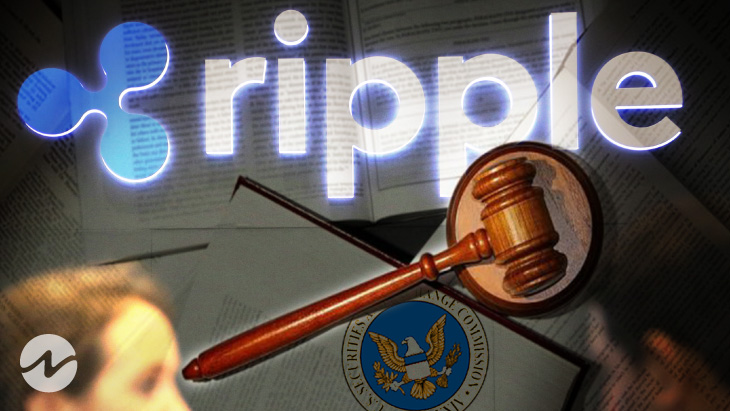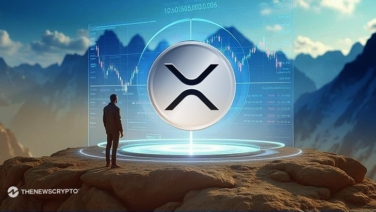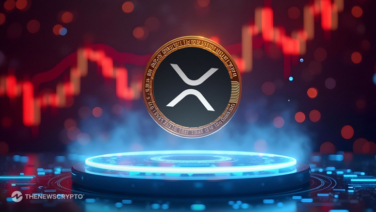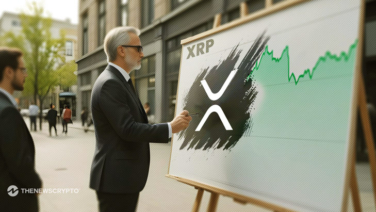- Ripple emphasized public-private partnership in future crypto-law.
- The DCEA would also help define “digital commodity exchanges.”
While taking advantage of weaker restrictions elsewhere, Ripple has urged American officials to clarify its crypto sector policies. Now, the San Francisco-based blockchain firm has proposed its own crypto-regulations. Ripple emphasized public-private partnership in future crypto-law. Ripple mentioned the pending Eliminate Barriers to Innovation Act, the proposed Securities Clarity Act (SCA), and the proposed Digital Commodity Exchange Act (DCEA).
The corporation stated they would safeguard investors while also defining the SEC’s and CFTC’s powers. Many players in the area are frustrated, including regulators and even lawmakers.
After Gensler’s “Wild West” analogy, former CFTC Commissioner Brian Quintenz commented,
“…it ignores the fact that the CFTC has anti-fraud and anti-manipulation authority over that space. And if it truly is rife with those activities, we have a federal regulator that can use its enforcement powers to address those things.”
Eliminate Barriers to Innovation Act
Also worth mentioning is that the Eliminate Barriers to Innovation Act would create a “collaborative working group” of SEC, CFTC, and industry members.
According to the blockchain firm, a new SCA “investment contract asset” definition treats digital currencies as commodities. The DCEA would also help define “digital commodity exchanges” and empower the CFTC to regulate them. The SEC might regulate “pre-sold” tokens until the CFTC takes over. The SEC Commissioner Hester M. Peirce’s “safe harbor” and regulatory sandbox plan was also studied by Ripple.
1/ I am attacking, and will continue to attack, SEC leadership bc @GaryGensler is divorced from his agency's mission and is not honestly pursuing solutions.
— Ryan Selkis (@twobitidiot) November 14, 2021
SEC is fighting technical securities violations, while ignoring the Safe Harbor, which would prevent fraud.
e.g. Ripple
Messari founder Ryan Selkis recently expressed strong opinions on Ripple and the SEC. A safe harbor for financial startups, according to Selkis, would help reduce fraud. He noted that the SEC is instead concentrating on securities legislation. Neither did Selkis assume XRP’s developers were innocent. In fact, Selkis charged Ripple with “guilty of fraud.”
Recommended for You








